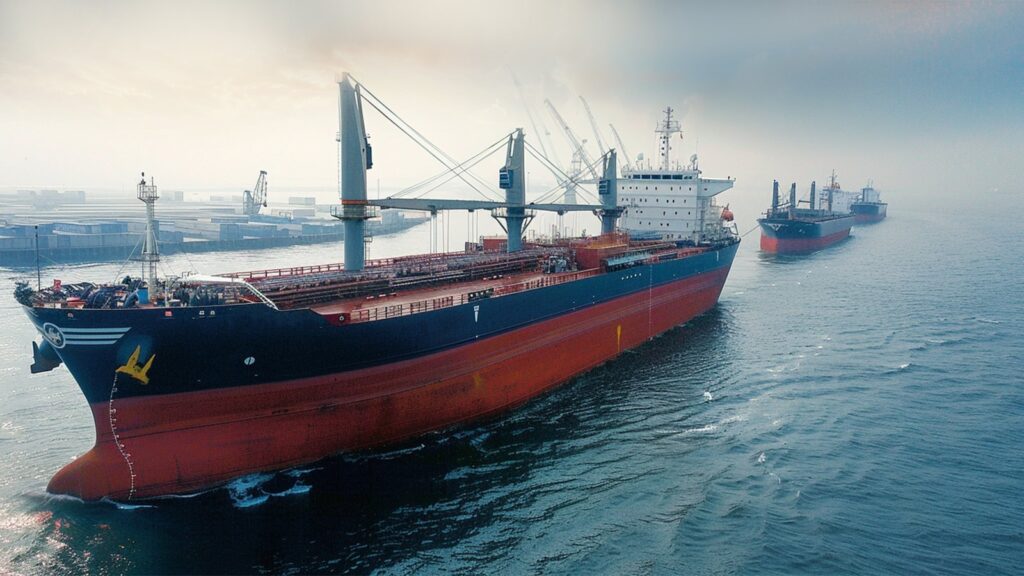Modern cargo ships are like floating cities — massive, complex, and self-sustaining. But like any machine, they wear down. What keeps them going across oceans for months on end? The unsung hero: Ship Spare Parts
What Are Ship Spare Parts
Ship spare parts are critical components used to repair, replace, or upgrade systems onboard a vessel. These parts keep the engine running, the lights on, and the navigation accurate.
Think of them as the organs and tissues of a ship’s body — from bolts and bearings to pumps and propellers.
Categories of Ship Spare Parts
Here are the major families of parts that make up a ship’s vital support system
Engine Room Parts
- Piston rings
- Cylinder liners
- Fuel injection pumps
Deck Machinery Parts
- Windlass gears
- Mooring winches
- Hatch cover seals
Electrical Systems
- Generators
- Control panels
- Circuit breakers
Navigation and Communication
- Radar units
- Gyrocompasses
- AIS transceivers
Why Spare Parts Matter at Sea
A ship on the high seas is far from help. If a pump fails, or a valve leaks, there’s no mechanic around the corner. Spare parts allow crews to perform emergency repairs, preventing catastrophic failures or costly delays.
Fun Fact: A missing $10 gasket can stop a $10 million vessel if it’s not onboard.
How Are Ship Spare Parts Managed
Most large ships have onboard inventories and digital management systems to track part usage and condition. Predictive maintenance is also rising — AI-based systems that forecast when a part is about to fail, so replacements can be arranged in advance.
The Global Industry Behind the Scene
Did you know that ship spare parts have their own supply chain network? From OEM factories in Germany or Korea to stockists in Singapore or Rotterdam, parts are shipped globally to meet tight delivery windows — sometimes even via helicopter drops at sea
Conclusion: Small Parts, Big Impact
Next time you see a container ship docked in port, remember — it’s not just about cargo. It’s also about the hundreds of carefully chosen spare parts that helped it get there, humming smoothly across thousands of nautical miles
